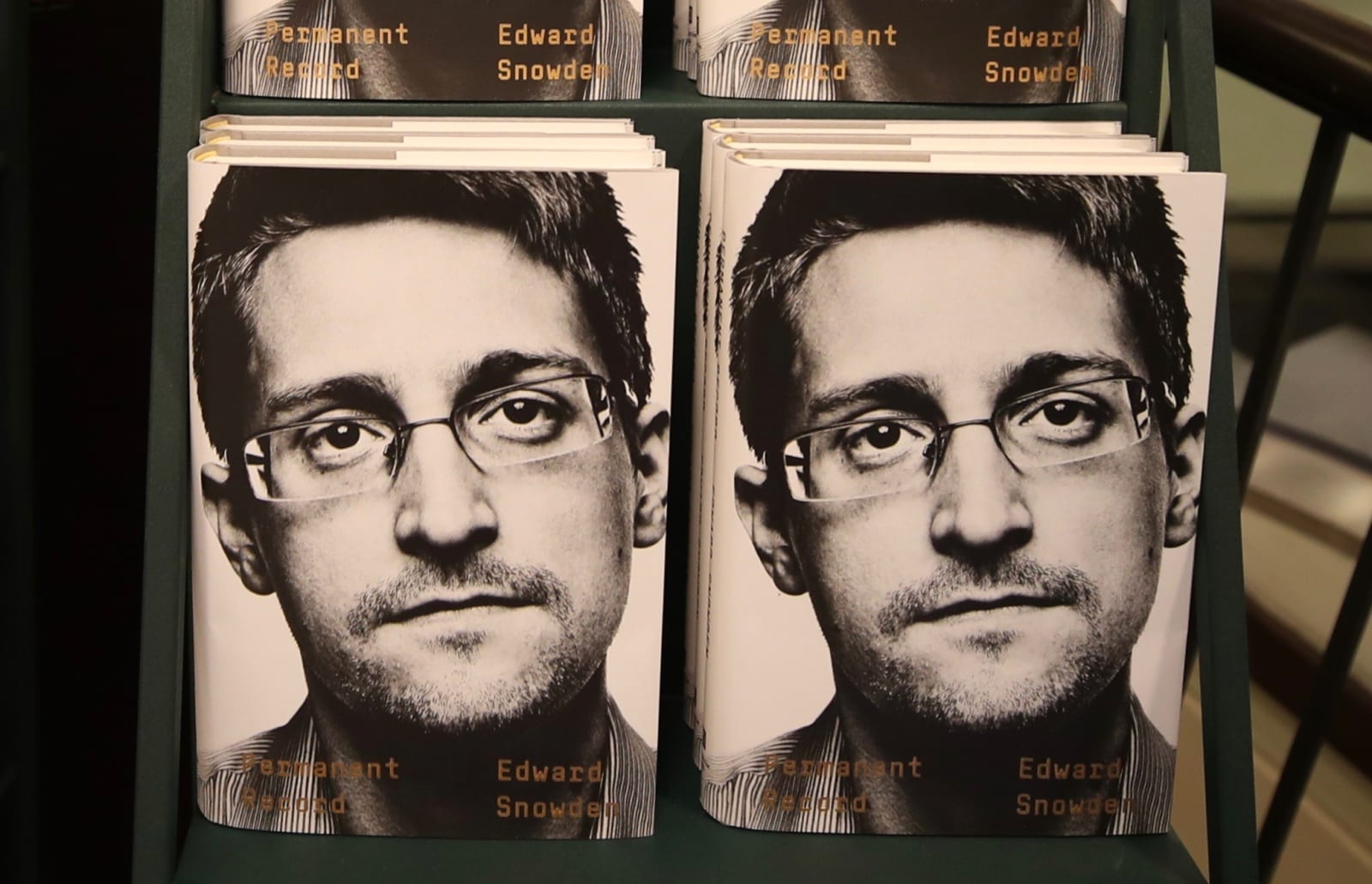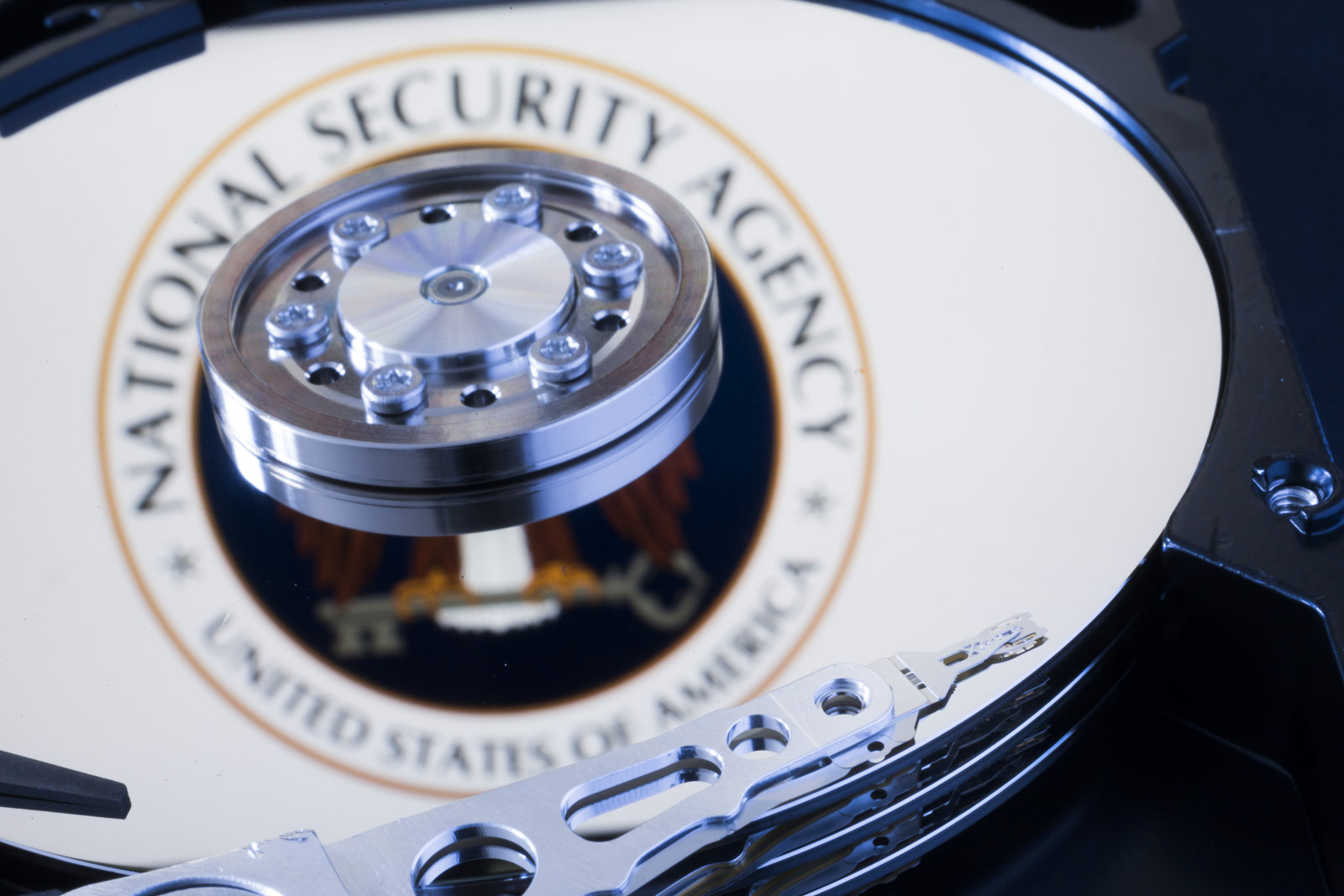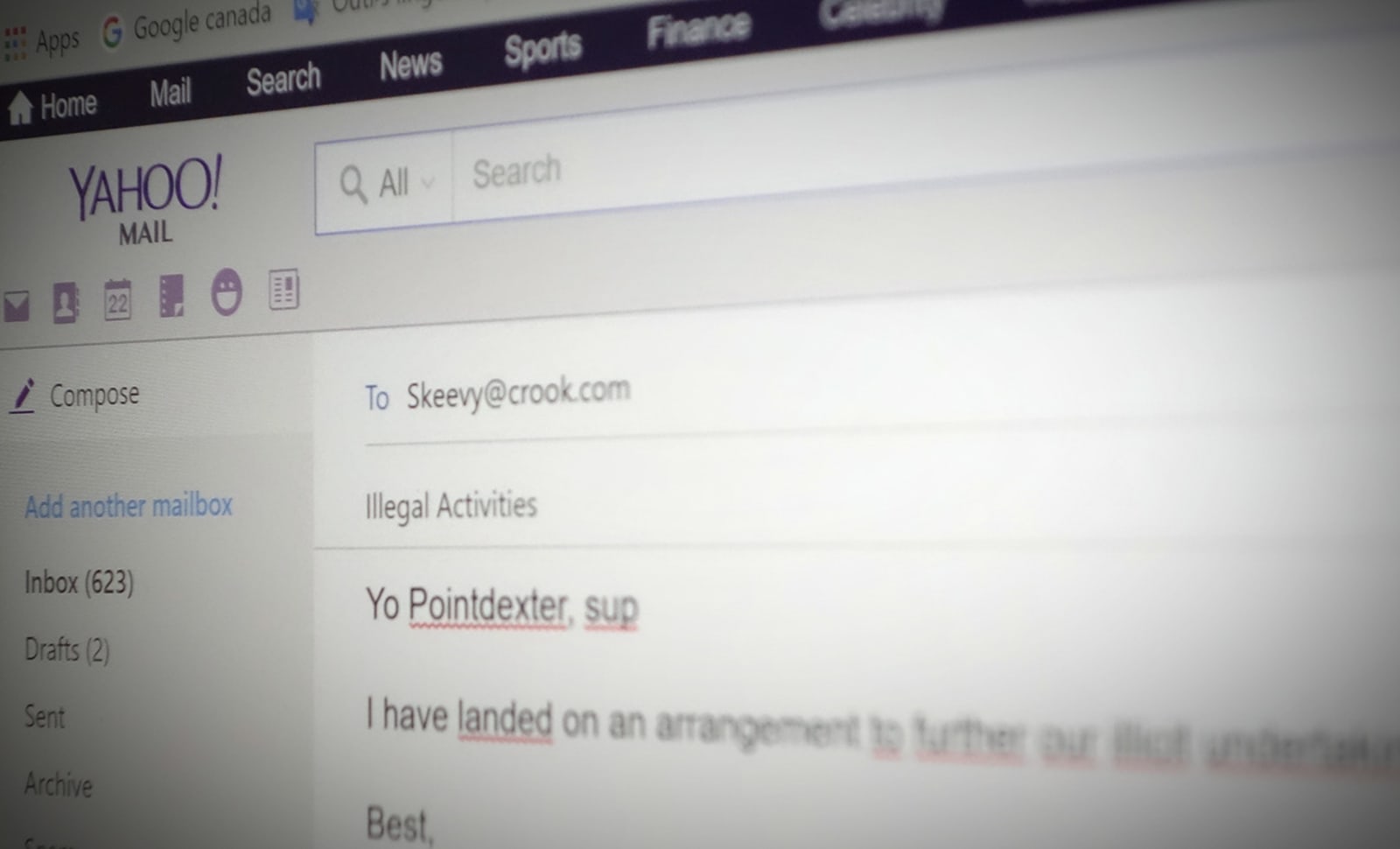Tag Archives: NationalSecurityAgency
The US is suing Edward Snowden over his memoir
 The United States is suing whistleblower Edward Snowden over his memoir, Permanent Record. It claims the former Central Intelligence Agency employee and National Security Agency contractor violated non-disclosure agreements with both agencies because...
The United States is suing whistleblower Edward Snowden over his memoir, Permanent Record. It claims the former Central Intelligence Agency employee and National Security Agency contractor violated non-disclosure agreements with both agencies because...
US allies accuse NSA of manipulating encryption standards
 The US National Security Agency (NSA) is in the global bad books again after allegations surfaced suggesting it was trying to manipulate international encryption standards. Reuters reports that it has seen interviews and emails from experts in countr...
The US National Security Agency (NSA) is in the global bad books again after allegations surfaced suggesting it was trying to manipulate international encryption standards. Reuters reports that it has seen interviews and emails from experts in countr...
US Cyber Command may be splitting off from the NSA
Yahoo reportedly gave US government access to all users’ emails
 According to Reuters, Yahoo provided US intelligence officials access to all of its customers incoming emails last year. The publication's sources claim that the company had to comply with a classified request from the government, which allowed the N...
According to Reuters, Yahoo provided US intelligence officials access to all of its customers incoming emails last year. The publication's sources claim that the company had to comply with a classified request from the government, which allowed the N...
EFF scores a blow against the government’s domestic spying
 Before we knew that the National Security Agency was getting its jollies by spying via Prism, there was Jewel vs. NSA. That case, filed by Electronic Frontier Foundation, has gotten a boost from California judge Jeffrey White who's has granted discov...
Before we knew that the National Security Agency was getting its jollies by spying via Prism, there was Jewel vs. NSA. That case, filed by Electronic Frontier Foundation, has gotten a boost from California judge Jeffrey White who's has granted discov...
Congress to investigate US involvement in Juniper’s backdoor
 Congress announced plans on Friday to investigate the backdoor recently found in Juniper Networks software and whether it was intentionally placed there for the National Security Agency's benefit. The investigation is being led by the House Committee...
Congress announced plans on Friday to investigate the backdoor recently found in Juniper Networks software and whether it was intentionally placed there for the National Security Agency's benefit. The investigation is being led by the House Committee...
Secret NSA project gathered American cellphone location data
The NSA's been rather busy over the past few years, tracking everything from your emails to phone calls, and now the New York Times is reporting that it even conducted a secret project to collect data about the location of American's cellphones in 2010 and 2011. The project was ultimately not implemented and only recently surfaced in a pre-written answer for the director of national intelligence, James R. Clapper, should the subject come up in a Senate Judiciary Committee hearing. According to the Times, details about the project are scarce, and Senator Ron Wyden said that "the real story" behind the project has yet to be declassified. The answer obtained by the paper reads:
"In 2010 and 2011 N.S.A. received samples in order to test the ability of its systems to handle the data format, but that data was not used for any other purpose and was never available for intelligence analysis purposes."
Filed under: Cellphones, Mobile
Source: New York Times
Report: NSA used taxpayer dollars to cover PRISM compliance costs for tech companies
The mounting national debt? Yeah, you're probably better off just ignoring why exactly it's mounting. The Guardian is continuing the blow the lid off of the whole NSA / PRISM saga, today revealing new documents that detail how the NSA paid out "millions" of dollars to cover PRISM compliance costs for a multitude of monolithic tech outfits. As the story goes, the National Security Agency (hence, tax dollars from American taxpayers) coughed up millions "to cover the costs of major internet companies involved in the PRISM surveillance program after a court ruled that some of the agency's activities were unconstitutional." The likes of Yahoo, Google, Microsoft and Facebook are expressly named, and while Google is still angling for permission to reveal more about its side of the story, other firms have conflicting tales.
For whatever it's worth, a Yahoo spokesperson seemed a-okay with the whole ordeal, casually noting that this type of behavior is perfectly legal: "Federal law requires the US government to reimburse providers for costs incurred to respond to compulsory legal process imposed by the government. We have requested reimbursement consistent with this law." Meanwhile, Facebook stated that it had "never received any compensation in connection with responding to a government data request." Microsoft, as you might imagine, declined to comment, though we heard that Steve Ballmer could be seen in the distance throwing up a peace sign. At any rate, it's fairly safe to assume that your worst nightmares are indeed a reality, and you may have a far more enjoyable weekend if you just accept the fact that The Man knows everything. Better, right?
Source: The Guardian
US government declassifies documents concerning telephonic data collection
Today brings another victory for transparency as the US government has just declassified three documents pursuant to the collection of telephonic metadata authorized by section 215 of the PATRIOT Act. The documents, released by the Office of the Director of National Intelligence, include the 2009 and 2011 reports concerning the reauthorization of the PATRIOT Act as well as the order for business record collection. During a Senate Judiciary Committee hearing on the subject, NSA Deputy Director John Inglis made public for the first time the mechanism for accessing the metadata at the government's disposal. According to Inglis, telephonic information -- which does not include names, addresses, or social security numbers -- exists in databases but cannot be accessed without reasonable suspicion of association with terrorists. Deputy Attorney General James Cole went on to say, "Nobody is listening to anybody's conversations." This revelation might be cold comfort to those concerned about the government's ownership of this data to begin with, but it does pull back the curtain somewhat on the NSA's policies and procedures. To read these declassified -- and heavily redacted -- documents in full, head on over to the source link below.
Filed under: Misc


